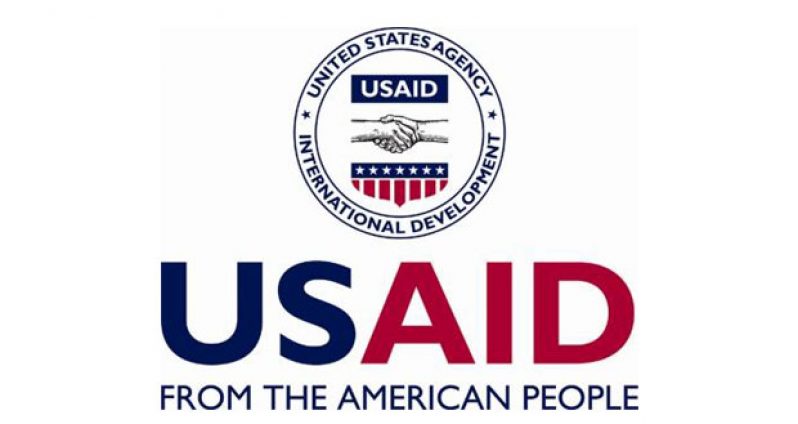— Teixeira
THE private sector in general has expressed support for the implementation of the $300M USAID-funded Leadership and Democracy project (LEAD), the Private Sector Commission (PSC) being the latest stakeholder to make a public statement on the issue.

But Presidential Adviser on Governance, Gail Teixeira, in acknowledging the private sector’s right to express its opinion, said: “We have no problem with the private sector expressing support for the project; but, as a government, we are looking at the project from a different angle. They have a right to their opinion, as we do.
“They may not see the problem with the content; they are in their right to express that, but the fundamental issue is that we were not consulted. We were having consultation on the implementation.”
BREACH
Teixeira stressed that the problem is that the project’s implementation breaches the usual protocol that characterises relations between USAID and the current administration.
She said: “The problem with the LEAD project is that it is a breach of the normal bilateral relations, as well as that the content has concerns for the Government, concerns which we expressed.
“This is the first time in 20 years that a project has not gone through that process. It has never happened between 1992 and 2012, and we are not agreeing to it because of the rejection of the government’s participation.”
Teixeira questioned why the government was not involved in the consultations on the project.
According to her, the Guyana government and the American administration have worked together in past decades on US-funded projects.
“It has always been a collaborative effort in which we have agreed on a design of a project and the implementation of that project,” the presidential advisor said.
She referred to examples of the unchallenged implementation of projects that addressed the issue of democracy. Teixeira said: “I was part of other projects that dealt with democracy: the Consolidation of Democracy project, which ran from 2004 to 2006; and the more recent one from 2009 to 2012, which dealt with trafficking in persons and violence against women and such. In all of this, we sat with USAID and the US Embassy to consult on the project over several days, some several weeks, and we came to agreement and the projects were signed off.”
Accordingly, she maintained that the government’s position has been made clear, and remains unchanged as it relates to the LEAD project.
“Were the LEAD project to have gone through the protocol over the last 20 years, we probably would have come to an agreement and fine-tuned the number of concerns we had, which we have had with other projects with USAID,” Teixeira said.
She added that what was provided to Government was a “done deal”, and the Government rejected it primarily on that basis.
“The main problem is the way in which the project is being implemented,” Teixeira reiterated.
TALKS
In addition to the private sector, members of the joint Opposition have also come out in support of the LEAD project.
The Governments of Guyana and the United States are expected to meet on the controversial project, according to Head of the Presidential Secretariat Dr. Roger Luncheon. He, however, maintains that talks will commence once the project’s implementation is suspended so as to allow for genuine consultation.
Luncheon also stressed that there would be no consultation under duress.
The move by USAID to implement various aspects of the project has been described as an affront to Guyana’s sovereignty, expressly following comments by US Ambassador Brent Hardt, who indicated that the project would go ahead despite Government’s expressed rejection.
Since Hardt’s comments were made public, expansive column inches of commentaries have addressed the issue of sovereignty. Several references have also been made to the United States’ use of its allied non-governmental organisations (NGOs) to its democracy initiatives, particularly the National Democratic Institute for International Affairs and the International Republican Institute (IRI).
The IRI is the body through which funding is being allocated to the LEAD project. The organisation is shadowed by negative reports, one of the more damning of which was published in the New York Times in 2006.
That report noted that USAID had channelled through NGOs, such as the IRI, US$25 million to Venezuelan groups critical of the late President Hugo Chavez, a vocal critic of the US. It added that USAID made “grants that had what appeared to be an objective of building support for potential rivals to Mr. Chávez.”
The US government had previously been fingered in a botched 2002 coup against that revered leader.
To date, there has been no public statement by the United States Embassy in relation to the project, and/or government’s firm position on its implementation.
Cabinet’s disapproval of the project had been formally communicated to the relevant authorities on October 26, 2013.




.png)









